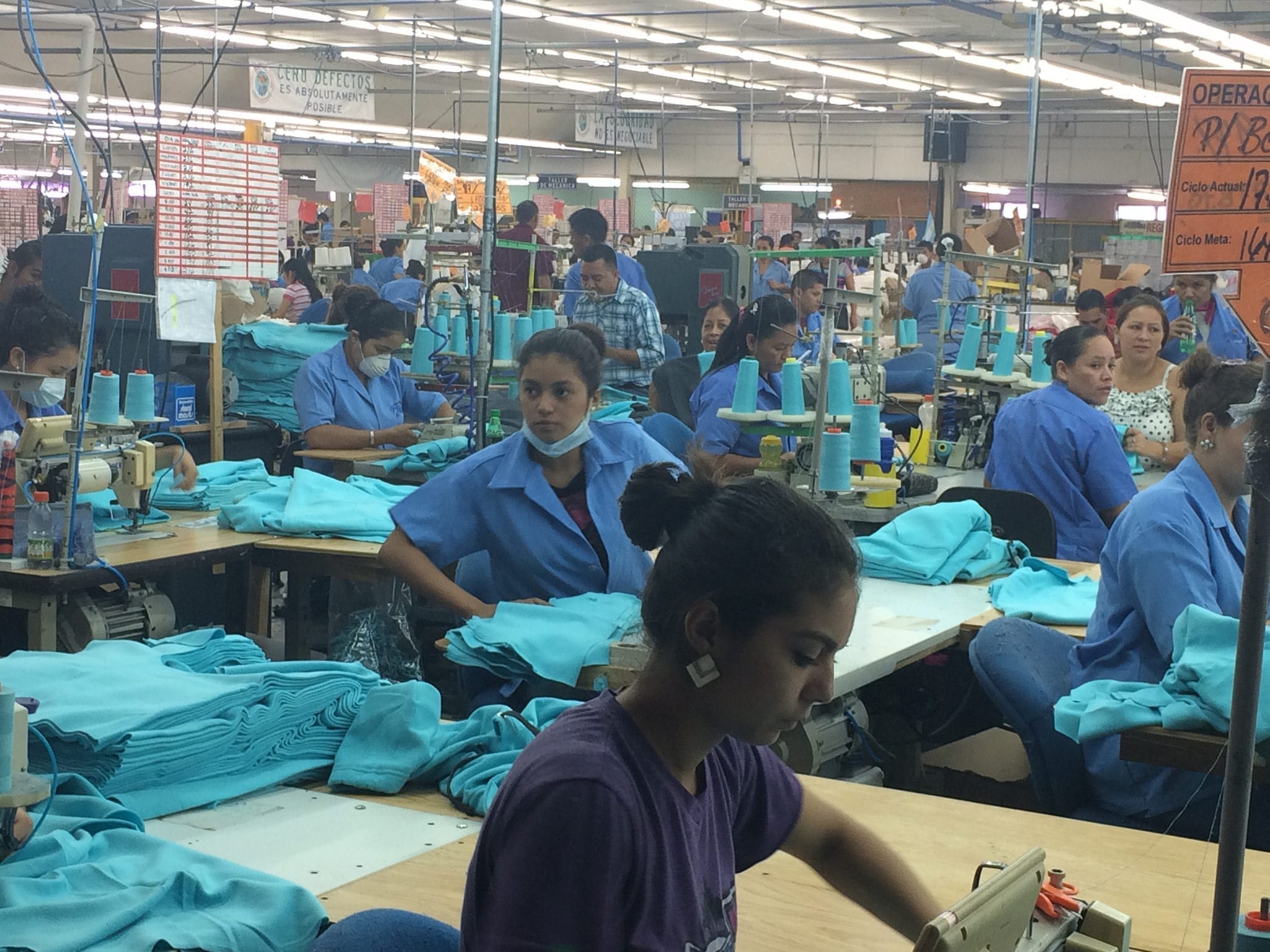
U.S. Delegation to Honduras: ‘Overwhelmed’ by Rights Violations
In a recent Solidarity Center delegation to Honduras, Metropolitan Washington, D.C., Labor Council President Josyln Williams, a Solidarity Center Executive Board member, and Rep. George Miller (D-Calif.), the leading Democratic member of the House Education and the Workforce Committee, examined firsthand how union and human rights activists are struggling to defend the rights of working Hondurans and ensure the basic livelihoods and survival of Honduran families.
The Solidarity Center delegation intersected with a parallel delegation of AFL-CIO leaders, including AFL-CIO Executive Vice President Tefere Gebre, a Solidarity Center board member, and Larry Cohen, Communications Workers of America president. Both groups met with Solidarity Center partner unions and numerous worker and human rights activists.
“Amazingly, all confirm a unified story—an economy in collapse, widespread violations of minimum wage and all social protection laws, small farmers forced from their land, subsistence farming replaced by African palm and the jobs created in maquila zones dwarfed by the numbers forced to leave ancestral lands and travel to cities already jammed,” said Cohen.
After meeting with more than 60 union activists from garment and auto parts factories, and with those from sectors in agriculture, ports, education and public service, delegates said the level of rights violations and repression of activists was overwhelming. The groups also met with human rights leaders focused on Garifuna (Afro-Honduran) rights and women’s rights.
Union leaders from the agricultural union, FESTAGRO (Federación de Sindicatos de Trabajadores de la Agroindustria), expressed concern over the likelihood of violent attacks for union activities as they organize among sugar cane workers—subcontractors who are not paid the minimum wage. FESTAGRO leaders pointed to one of their union’s leaders, Jésus Maria Martinez, who recently was forced to flee the country after receiving threats against his life, as a prelude to the kinds of attacks activists will face when organizing among sugar cane workers.
FESTAGRO General Secretary German Zepeda told Miller and Williams that despite the danger and the unresponsiveness of the state, FESTRAGRO sees organizing workers as the only way forward. FESTAGRO, a Solidarity Center ally, also is organizing in the melon sector, where the majority of seasonal workers are women, many of whom migrate to the city to seek work as domestic workers or in other informal economy jobs during the off-season.
Garifuna activists, too, said that despite the threats on their lives and communities, they would continue the fight to “live as they’ve always lived, on their own land,” and pleaded with the delegates to urge their country to “pay attention.” Garifuna activists are struggling to defend their economically rich land from powerful interests, including narco-traffickers and multinational companies. They have taken their cases to Inter-American Commission on Human Rights (IACHR) but have little hope that state will comply with any IACHR decision.
Delegation participants say they were “overwhelmed” with the information they received from union activists about widespread noncompliance with laws, including attacks against labor leaders, a lack of compliance with minimum wage laws and an unresponsive government, and assured union and community allies they would work to bring more attention to the work and struggle of Honduran activists.
